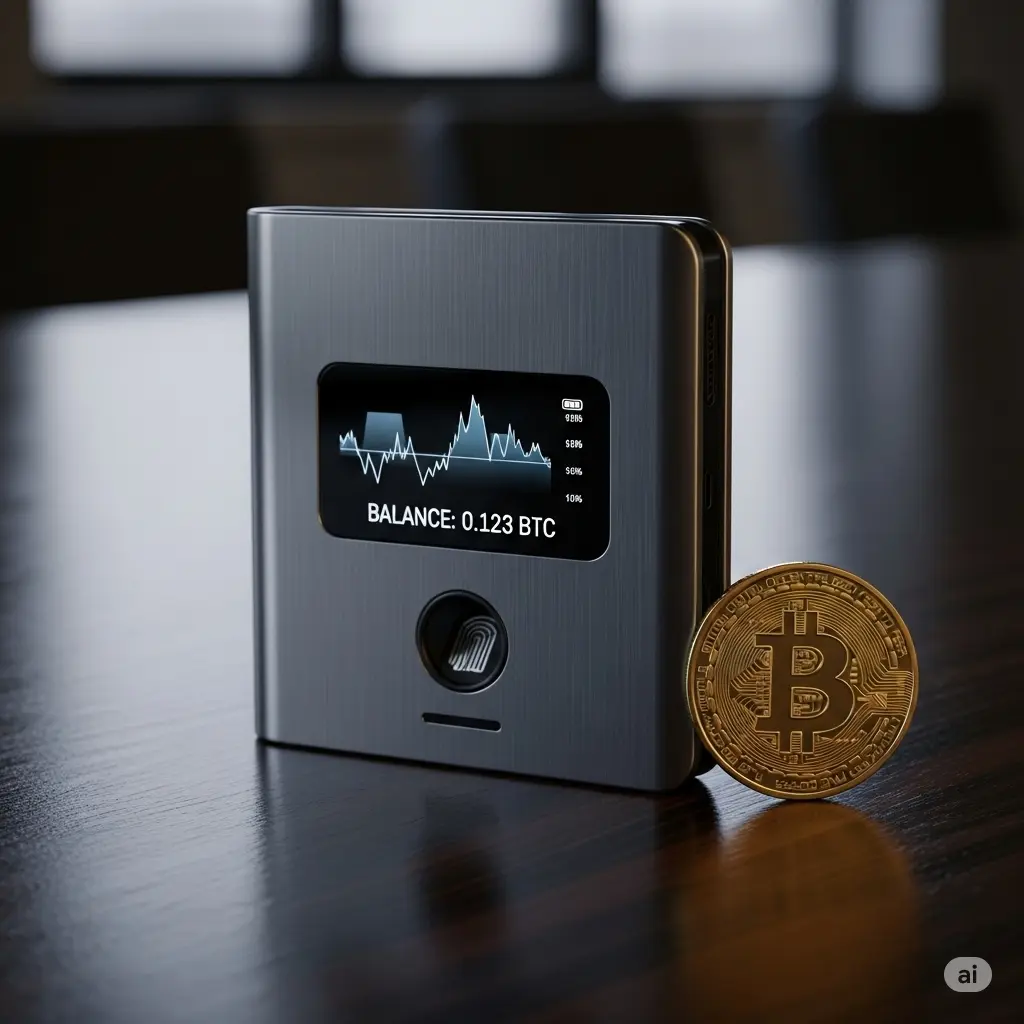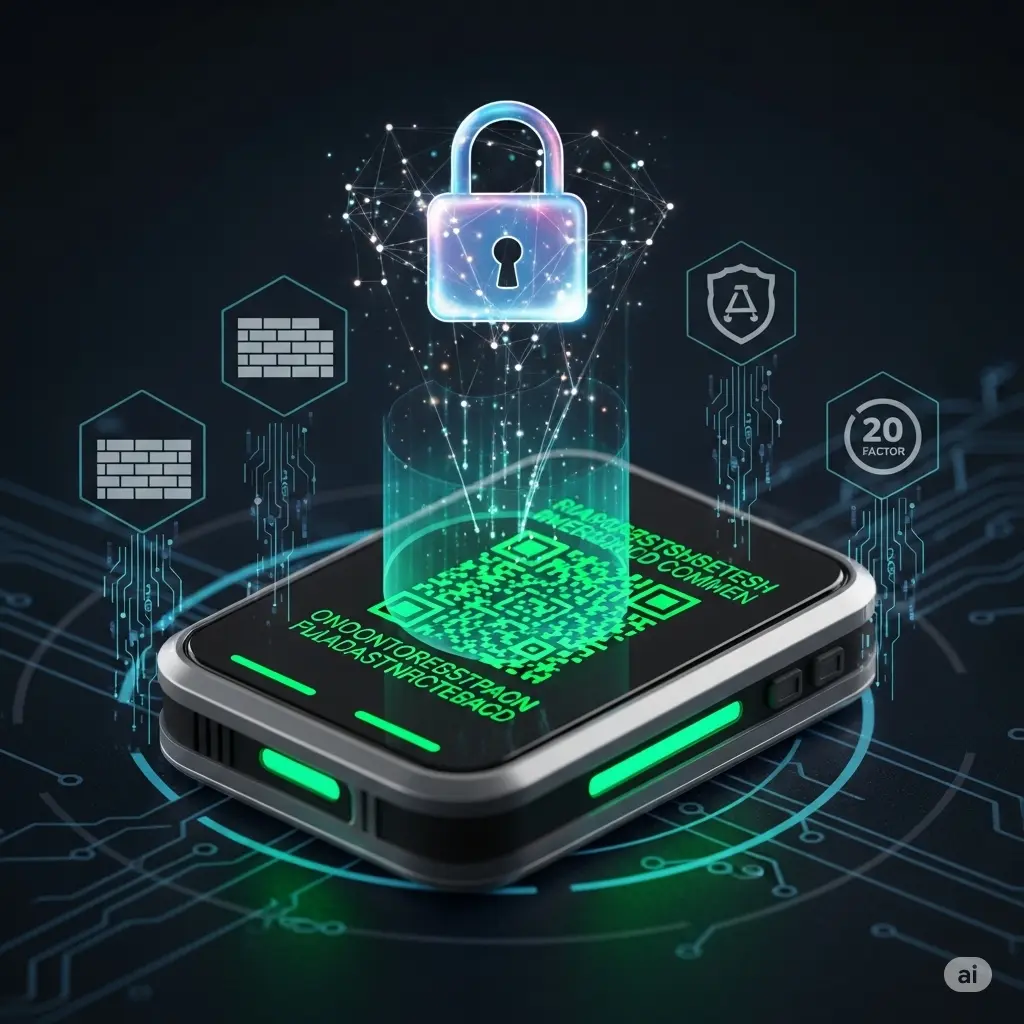If you’re stepping into the world of cryptocurrency, your priority should be creating a secure crypto wallet. Without one, you can’t store or manage your digital assets safely. But what exactly is a secure crypto wallet, and how do you create one that protects your investment from hacks and theft? This comprehensive guide will answer all your questions in plain language and help you choose the best crypto wallet 2025 for your needs.
What is a Secure Crypto Wallet?
A crypto wallet is a tool that lets you store, send, and receive cryptocurrencies like Bitcoin, Ethereum, or others. It contains your private keys, which give you access to your crypto funds on the blockchain. When we talk about a secure crypto wallet, we mean a wallet designed to protect your private keys from being stolen or lost.

There are two main types of wallets:
- Cold wallets: Offline wallets that store your keys without internet access, offering higher security.
- Hot wallets: Online wallets connected to the internet, more convenient but vulnerable to cyber threats.
Both types have their pros and cons, and your choice depends on your usage, security preferences, and technical comfort level.
Why Is Crypto Wallet Security Crucial?
Crypto assets are highly valuable and, unlike traditional bank accounts, are irreversible once stolen. No customer service hotline can reverse a transaction if your wallet is compromised. That’s why crypto wallet security is paramount.
Here are some reasons why:
- Hackers constantly target wallets with weak security.
- Your seed phrase (a series of words acting as your wallet’s master key) must be kept private.
- Losing your wallet or private keys means losing your crypto forever.
- Decentralized wallets mean you’re your bank—no one else can recover your assets.
Given the risks, you need to understand how to create and maintain a wallet that safeguards your digital fortune.
Step-by-Step Guide: How to Create a Secure Crypto Wallet
Let’s break down the process into clear steps to help beginners create a secure crypto wallet.
1. Choose Your Wallet Type: Cold Wallet vs. Hot Wallet
First, decide whether you want a cold wallet or a hot wallet:
- Cold wallet (Hardware Wallet): Devices like Ledger Nano X or Trezor store your keys offline. They are resistant to malware and phishing.
- Hot wallet (Mobile Wallet or Desktop Wallet): Apps like MetaMask or Trust Wallet store keys online for quick access.
Tip: For beginners with substantial investments, a hardware wallet is recommended for long-term security.
2. Pick the Best Crypto Wallet 2025 for Your Needs
Research the best crypto wallet 2025 by checking:
- Security features (two-factor authentication, encryption)
- User interface and ease of use
- Support for multiple cryptocurrencies
- Reputation and reviews on Global Crypto Sports and other crypto news outlets
3. Download or Purchase Your Wallet
- For hardware wallets, buy only from official manufacturers to avoid tampered devices.
- For mobile wallets, download from official app stores.
- Verify the app’s authenticity and check user ratings.
4. Install and Set Up Your Wallet
Follow the instructions carefully. Most wallets will prompt you to:
- Create a strong password.
- Generate a seed phrase or recovery phrase.
- Store the seed phrase securely offline—write it down on paper or engrave it on metal.
Warning: Never save your seed phrase digitally or share it online.
5. Backup Your Wallet
Backing up your wallet is essential. The wallet backup involves safely storing your seed phrase or private keys in multiple secure locations.
Use:
- Fireproof and waterproof physical storage (metal backup plates)
- Secure safety deposit boxes
- Trusted family members or legal custodians
6. Test Your Wallet Security
Before transferring large amounts:
- Send a small test transaction.
- Check that you can restore the wallet using your seed phrase.
- Enable additional security like biometric locks or PIN codes.
Types of Crypto Wallets Explained
Understanding wallet types helps you make a better choice:
Hardware Wallet (Cold Wallet)
- Physical device storing private keys offline.
- Immune to hacking when disconnected.
- Slightly expensive but offers maximum security.
- Ideal for long-term holders.
Mobile Wallet (Hot Wallet)
- Smartphone app for daily transactions.
- Convenient but vulnerable to malware and phishing.
- Requires regular updates and secure passwords.
- Good for beginners or frequent traders.
Desktop Wallet
- Software is installed on your PC.
- Offers better security than mobile wallets but less than hardware.
- Protect your computer with an antivirus and a firewall.
Decentralized Wallet
- Non-custodial wallets where only you control the keys.
- Supported by blockchain networks directly.
- Popular among users who value privacy and control.

Practical Tips for Maintaining Crypto Wallet Security
Creating a secure wallet is the first step. Maintaining it securely is ongoing:
- Never share your seed phrase with anyone.
- Avoid public Wi-Fi when accessing your wallet.
- Use hardware wallets for storing large amounts.
- Keep software up to date to patch vulnerabilities.
- Use strong, unique passwords and two-factor authentication.
- Beware of phishing scams—double-check URLs and app sources.
- Consider using multisignature wallets for added security.
Wallet Backup: Your Lifeline in Crypto Security
Backing up your wallet means storing your seed phrase and private keys safely. Losing this information means losing access to your crypto.
Best Practices for Wallet Backup:
- Write down your seed phrase on paper.
- Use metal plates for fire and water resistance.
- Store backups in geographically separate secure locations.
- Never store backups digitally or online.
- Inform a trusted person in case of emergencies, but never share your keys casually.
Where to Learn More About Crypto Wallets
If you want to dive deeper into crypto wallet security and news, check out:
- Global Crypto Sports: Stay updated with the latest crypto security trends.
- Crypto forums like BitcoinTalk and Reddit’s r/CryptoCurrency.
- YouTube tutorials from trusted crypto influencers.
- Official wallet manufacturer websites and support pages.
These resources will keep you informed about wallet updates, new threats, and innovative security tools.
Common FAQs About Secure Crypto Wallets
Q1: What is the difference between a cold wallet and a hot wallet?
A: A cold wallet stores keys offline for better security, while a hot wallet is online for easy access but less secure.
Q2: How do I keep my seed phrase safe?
A: Write it down physically, store it in multiple secure locations, and never share it online or digitally.
Q3: Can a hardware wallet be hacked?
A: Hardware wallets are very secure, but physical theft or malware on your computer could compromise security.
Q4: Is it safe to use a mobile wallet for large amounts?
A: Mobile wallets are more vulnerable; it’s better to use hardware wallets for large holdings.
Common Myths About Crypto Wallet Security
- Myth 1: My wallet provider can recover my crypto if lost.
Reality: Most wallets are non-custodial. Only you have access. - Myth 2: Digital backups are safe if encrypted.
Reality: Digital backups are vulnerable to hacking and ransomware. - Myth 3: All wallets are equally secure.
Reality: Security varies significantly between cold and hot wallets.
Building Trust in Your Crypto Journey
As you build your portfolio, trust in your wallet is vital. Choose wallets with strong reputations, like those reviewed on Global Crypto Sports. Avoid shortcuts or shady wallet apps promising unrealistic features.
Remember, in crypto, security is ownership.
Final Thoughts: Your Secure Crypto Wallet Starts Today
Creating a secure crypto wallet is the foundation of a safe and successful crypto journey. By understanding wallet types, prioritizing security practices, and keeping backups, you shield your assets from threats.
Whether you choose a hardware wallet, mobile wallet, or a decentralized wallet, always put safety first. Your crypto is only as secure as the wallet and habits you maintain.
Start your crypto journey smartly in 2025 by picking the best crypto wallet 2025 that fits your needs—and keep your digital fortune safe for years to come.
If you found this guide helpful, keep following Global Crypto Sports for up-to-date crypto security news and expert advice. Your crypto future depends on informed choices and smart security!